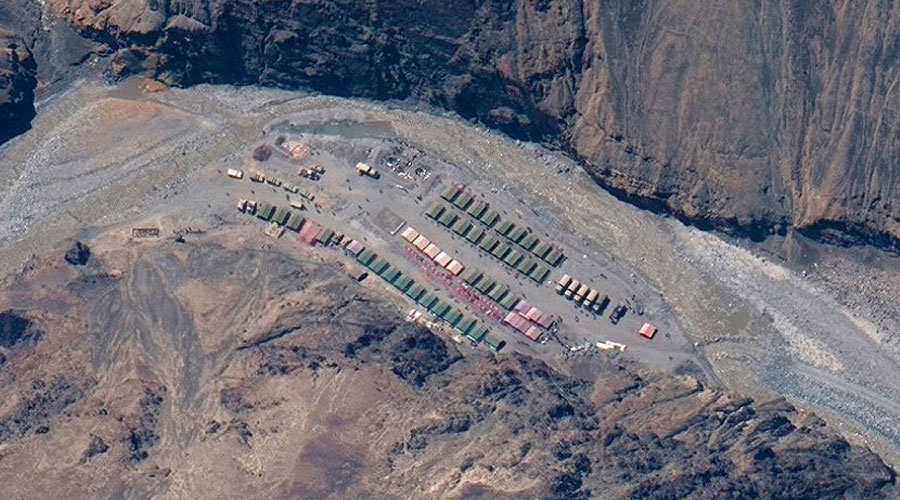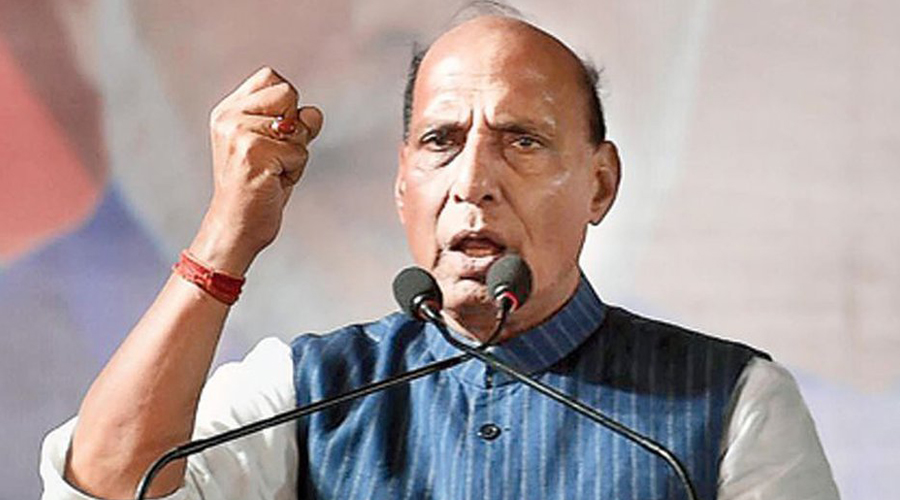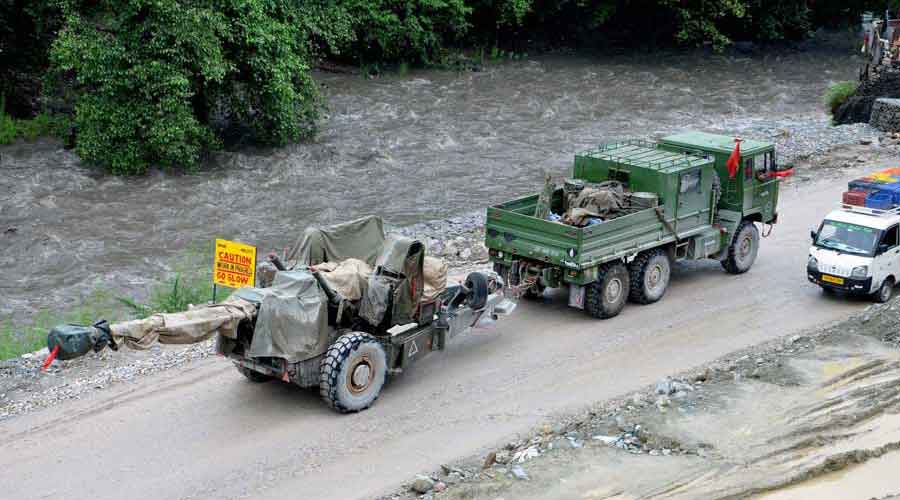India and China have accelerated several infrastructure projects along the Line of Actual Control, including construction of roads, bridges and tunnels, amid the border standoff in eastern Ladakh, sources in the security establishment said on Saturday.
The armies of the two countries have been locked in a border dispute in Ladakh since May last year. India and China are also engaged in military and diplomatic talks to resolve the impasse. Twelve rounds of military talks have already taken place.
A security official attached to the Union home ministry said the situation in Ladakh was simmering and evolving fast.
“The military standoff has forced us to rethink our border strategy with China. Considering the continuous threat of infiltration from the Chinese side, we have stepped up our border infrastructure development programme, including building roads, bridges and tunnels, to counter further Chinese transgressions into Indian areas along the LAC,” he told The Telegraph.
Another government official said the motive behind speeding up infrastructure projects was to pre-empt more face-offs and intrusions and ensure better deployment of forces.
“The move to enhance capability will bolster the Indian Army’s preparedness to effectively deal with possible challenges and threats,” he said.
The Chinese army, he said, has also been rapidly building infrastructure, including roads, bridges and habitats, for its soldiers near the multiple friction points in Ladakh.
“They have been carrying out construction works not only at the remaining friction points but also at those points from where the armies of both countries have disengaged so far,” the official said.
There has been “partial” disengagement from the Galwan Valley, the Pangong Lake and Gogra by creating a demilitarised “buffer zone” with the Chinese stepping back a few kilometres while still remaining within India-claimed lines.
Military veterans have questioned the government’s “concessions” in agreeing to create a buffer zone, saying such areas within India-claimed lines meant territory loss for the Indian Army.
The border standoffs at Hot Springs and the Depsang Plains continue. The Chinese are said to be entrenched 18km inside India-claimed lines at the Depsang Plains.
Both sides have amassed men and machinery at altitudes of 14,000ft and above, and have deployed 50,000 troops each along the LAC in Ladakh backed by artillery, tanks and missile systems.
The 3,488km frontier with China passes through the five states of Arunachal Pradesh, Sikkim, Uttarakhand, Himachal Pradesh and Jammu and Kashmir.
Sources in the defence ministry said India was building nearly 70 roads of operational significance along the China border. “China too has been enhancing its border infrastructure by building roads, bridges, a railway network and airports,” a ministry official said.
The Border Roads Organisation, an Indian defence ministry outfit, has been tasked with constructing and maintaining border roads, advance landing grounds, tunnels and bridges.
“The main purpose behind speeding up infrastructure development programmes is to ensure faster deployment and better maintenance of frontier posts,” the official said.
He said that in the past, poor infrastructure along the border on the Indian side had come in the way of countering the threat from China, which has better roads and infrastructure. “The ongoing infrastructure development programme will bolster our preparedness to counter any such threat,” the official said.













